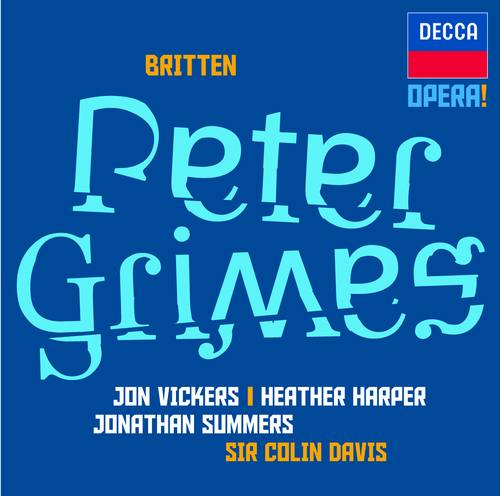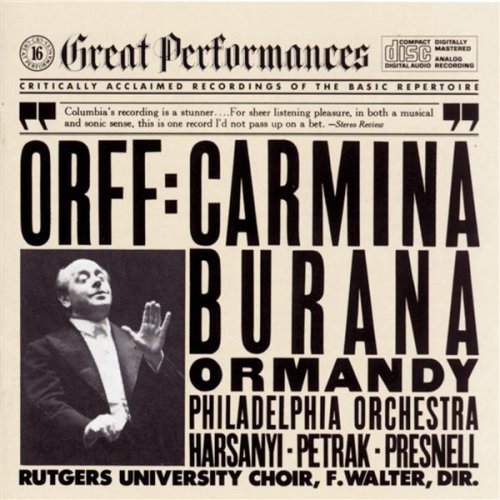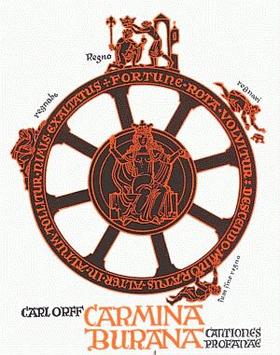
Benjamin Britten (1913-1976)
Peter Grimes, Op. 33 - Opera in a Prologue and Three Acts (1945)
Peter Grimes - Jon Vickers
Ellen Orford - Heather Harper
Captain Balstrode - Jonathan Summers
Auntie - Elizabeth Bainbridge
First Niece - Teresa Cahill
Second Niece - Anne Pashley
Bob Boles - John Dobson
Swallow - Forbes Robinson
Mrs. Sedley - Patricia Payne
Rev. Horace Adams - John Lanigan
Ned Keene - Thomas Allen
Hobson - Richard van Allan
Chorus and Orchestra of The Royal Opera House, Covent Garden
Sir Colin Davis, conductor
Peter Grimes is Britten's most famous opera and arguably his greatest achievement. Although he wrote the role of Grimes for his life-long partner, Peter Pears, it is widely acknowledged that perhaps the greatest interpretation of the role came from Jon Vickers in this recording.
The music is adequately eerie and atmospheric, describing the otherworldly feel of the coastal Borough, which is based on Britten's Aldeburgh, and it continually rustles with the restlessness of the Borough as gossip and hearsay become more and more important in determining whether Grimes is innocent or not. A beautiful piece of work, and in my opinion, one of the greatest operas ever written.
More about the plot:
Download:


